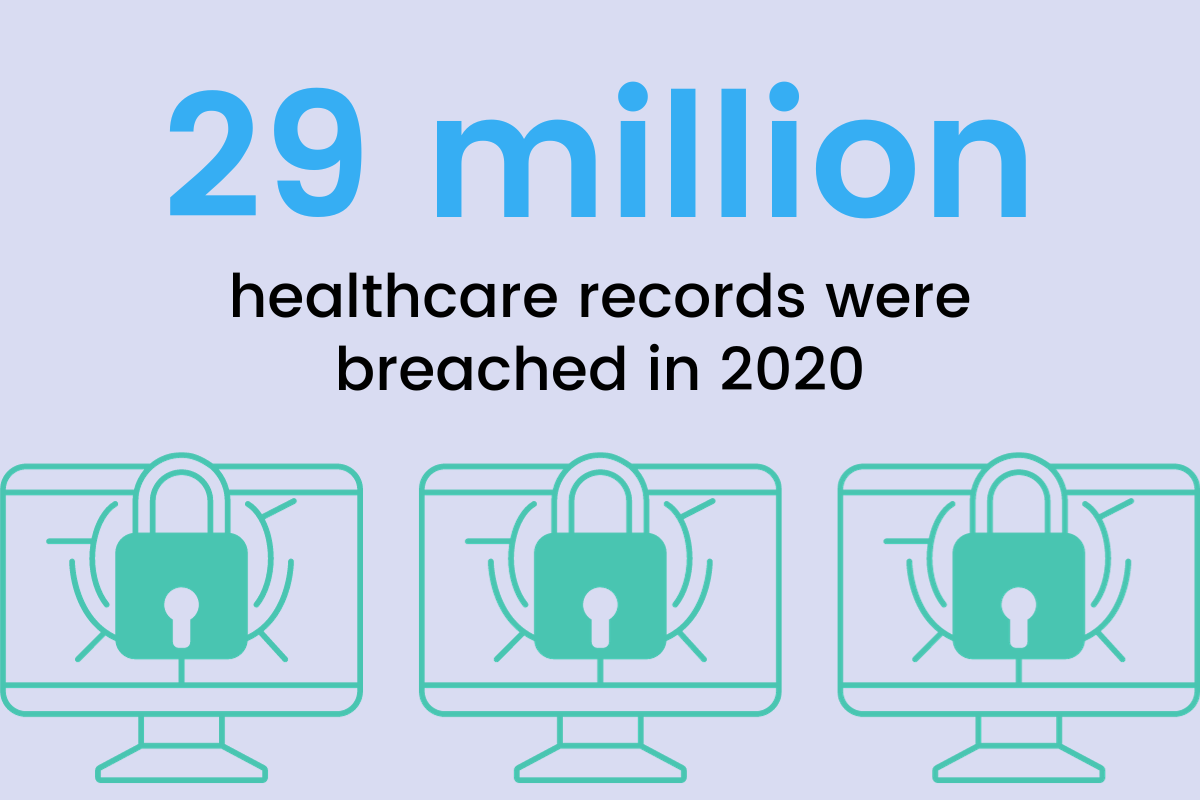3 min read
10 Questions to Ask When Evaluating An Incident Reporting System
Performance Health Partners
April 18, 2023

Health Information Technology (HIT) is becoming increasingly important for improving quality outcomes and patient safety in healthcare organizations. The advantages of implementing an incident reporting system include facilitating communication among team members, improving patient safety through incident reporting, and analyzing overall safety performance metrics.
The right risk management system looks different for each organization. Consequently, it is essential to find the right incident reporting system to fit your organization’s unique needs and challenges.

Here are ten key questions that risk management teams should ask for when evaluating an incident reporting system:
1. Is there a central portal for communication?
Having a single platform with easily accessible information about safety events and healthcare incidents allows care teams to communicate with one another in real-time. Leadership can then work together with caregivers and patients to prevent harm before it occurs.
A study by CRICO Strategies found that communication failures in healthcare resulted in $1.7 billion in medical malpractice costs and almost 2000 preventable deaths. 2
2. Is the incident reporting system customizable?
Does the system come with pre-set questions and form fields, or can it be modified to fit the specific needs of your facility? For example, if your organization prefers the term “location” rather than “hospital,” a customizable system would allow this to be reflected across all forms. An effective incident reporting software should be adaptable to the processes and terminology your team is already familiar with.
3. What are the reporting capabilities?
Can the system generate ad hoc healthcare reporting, or is it limited to a series of pre-set basic reports? Another key reporting element to think about is whether or not data can be easily sorted and filtered within the system. Also, consider whether reports can be easily converted into multiple file formats (Word, PDF, Excel, etc.).
4. Does the incident reporting system integrate easily with others?
To encourage the best possible patient outcomes, it is vital to ensure that all technology systems, including EHRs, can exchange data and present it in a way that is easy to understand for the user. 3
EHRs in healthcare have essentially replaced the paper chart. Nearly 70% of physicians now use EHRs. (3)
Ask whether a potential incident management system can integrate with your organization’s EHR system for easy input of patient demographic information.
5. What happens if changes need to make post-implementation?
The need for communication doesn’t stop after implementation. Choosing an incident reporting software that offers ongoing support after the implementation process is complete is essential. (4) Ask potential health IT vendors not only what their timeline is for implementation but also how your team can contact them afterward for support. 5
6. Will you need to train your staff on the new incident reporting system?
Healthcare professionals are often pulled in many directions, leaving limited time for training teams on new software. Choosing an incident reporting system that offers comprehensive training, either through step-by-step guides or a series of videos, is an easy way to aid staff members in the learning curve of a new platform.
7. Is the software HIPAA secure?
Many incident reporting systems are not built specifically for healthcare. Finding a HIPAA-compliant incident reporting system in healthcare ensures that patient information will be securely protected. Additionally, annual audits should be conducted to maintain compliance.
According to the HIPAA Journal, 2020 saw more than 29 million healthcare records breached. Breaches of 500 or more records were reported at a rate of more than 1.76 per day. (3)
Using an incident reporting system that is HIPAA secure is critical in protecting sensitive data from being disclosed without patient consent.
8. How easy is it to export your data out of the system if necessary?
How difficult will it be to extract your data from the existing system if you select a vendor and then decide not to renew your contract? Although this might not be top-of-mind when beginning a relationship with a health IT vendor, this is an important factor to consider to avoid potential pitfalls down the line.
9. Does the data ever leave the U.S.?
It is also essential for healthcare organizations in the U.S. to consider where the incident management system is built and maintained. Choosing a transparent vendor about where data is stored helps keep information safe. Ideally, your data should never leave the U.S.
Make sure that potential vendors are transparent about where your data is being stored and whether their servers are located domestically or offshore.
10. Is the incident reporting system an enterprise-wide solution?
Does the system allow your team to manage different applications in a single platform, or will you need to assemble multiple solutions to ensure seamless incident reporting? Enterprise-wide solutions offer organizations the ability to combine applications such as employee safety, patient relations, and quality and performance improvement all in one place, making it easier to deliver the highest form of care.
Keeping these key questions in mind can help healthcare organizations choose the right incident reporting system for their unique needs and help them grow and scale more efficiently over time.
Learn more about incident management software from Performance Health Partners.
References:
- https://www.acog.org/clinical/clinical-guidance/committee-opinion/articles/2015/01/patient-safety-and-health-information-technology
- https://www.hipaajournal.com/effects-of-poor-communication-in-healthcare/
- https://www.hipaajournal.com/2020-healthcare-data-breach-report-us/
- https://www.uspharmacist.com/article/interoperability-sharing-and-interpreting-data-with-health-information-technology
- https://hitconsultant.net/2018/10/09/health-it-implementation-strategies/#.YTE2ki2ZNQI



